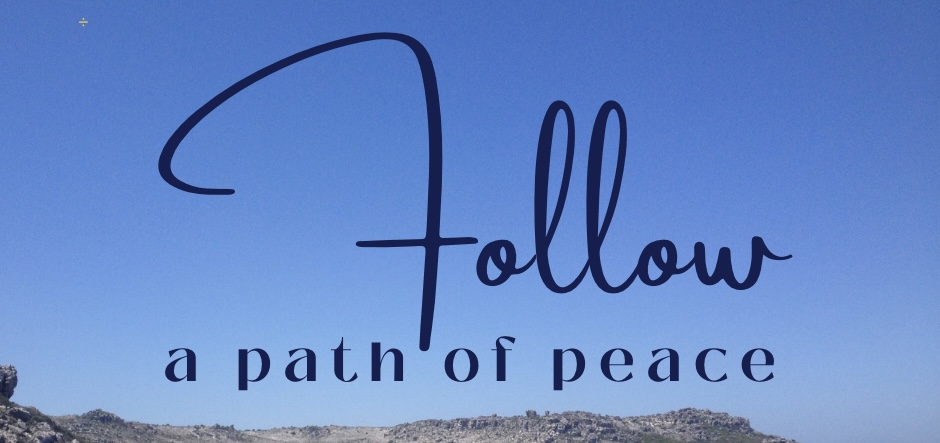There is a reason why we are told to not make any major decisions for at least a year after a severe loss:
The healing brain needs space.
After a loss, the brain’s natural response is to spiral. Your brain is thinking about survival, and it is immediately trying to fill the space left by the loss. Like a circuit looking for its loop, it is running a new track to try and heal what is broken but coming up short each time.
We cannot heal in chaos and upheaval.
This is exactly why the widow whois left in a mountain of debt can only fully walk a path of healing after the administrative details are organized. I was recently with a neighbor who had just suffered the loss of a dear friend. In her agony, she had made a rapid decision to move, creating more upheaval, not peace.
This week, I heard an interesting fact: Did you know the word “priorities” didn’t exist until the 1900s? For the rest of human existence, the word was singular. Back then, you could only have one priority. If you choose God as your priority, then you choose a path of healing—a path of peace. If you choose God, then you choose His will for your life, which is one of peace. If you choose busyness and upheaval to keep yourself otherwise occupied, then you are choosing something other than God.
There is a marked difference between the person who chooses intentional healing and those who choose something else. There is a clarity in the eyes of healing. There is an openness, a trust, a surrender, and even joy. For those who choose distraction, it is hard to gain eye contact. There is often a visible indication that their mind is running them into dizzying circles. You can see that they do not know peace.
If you are struggling with a major loss or transition, here are a few questions for you:
- What are you feeling today: peace or chaos?
- What would you like to feel?
- If you would like to follow a path of peace, what will you need to do differently?

